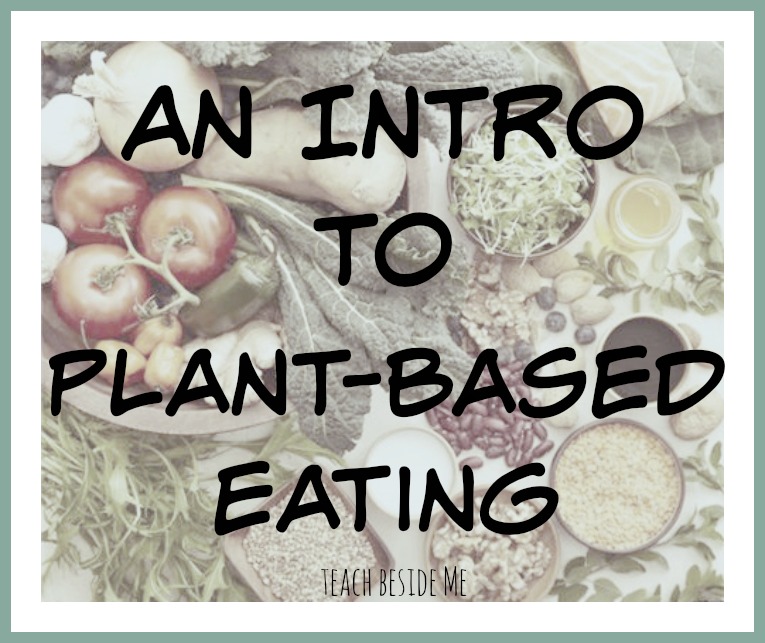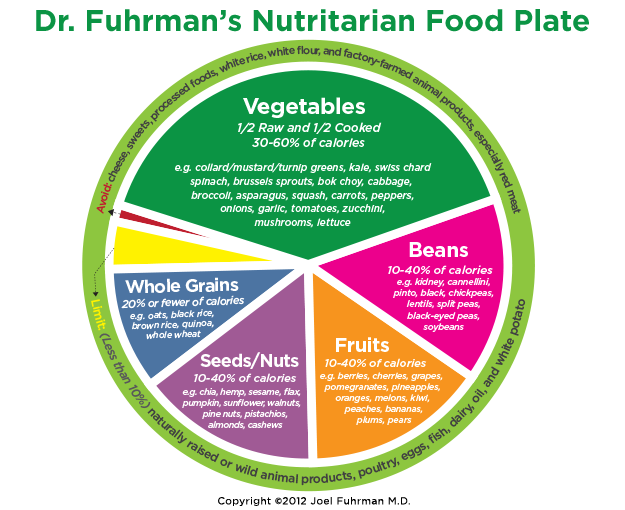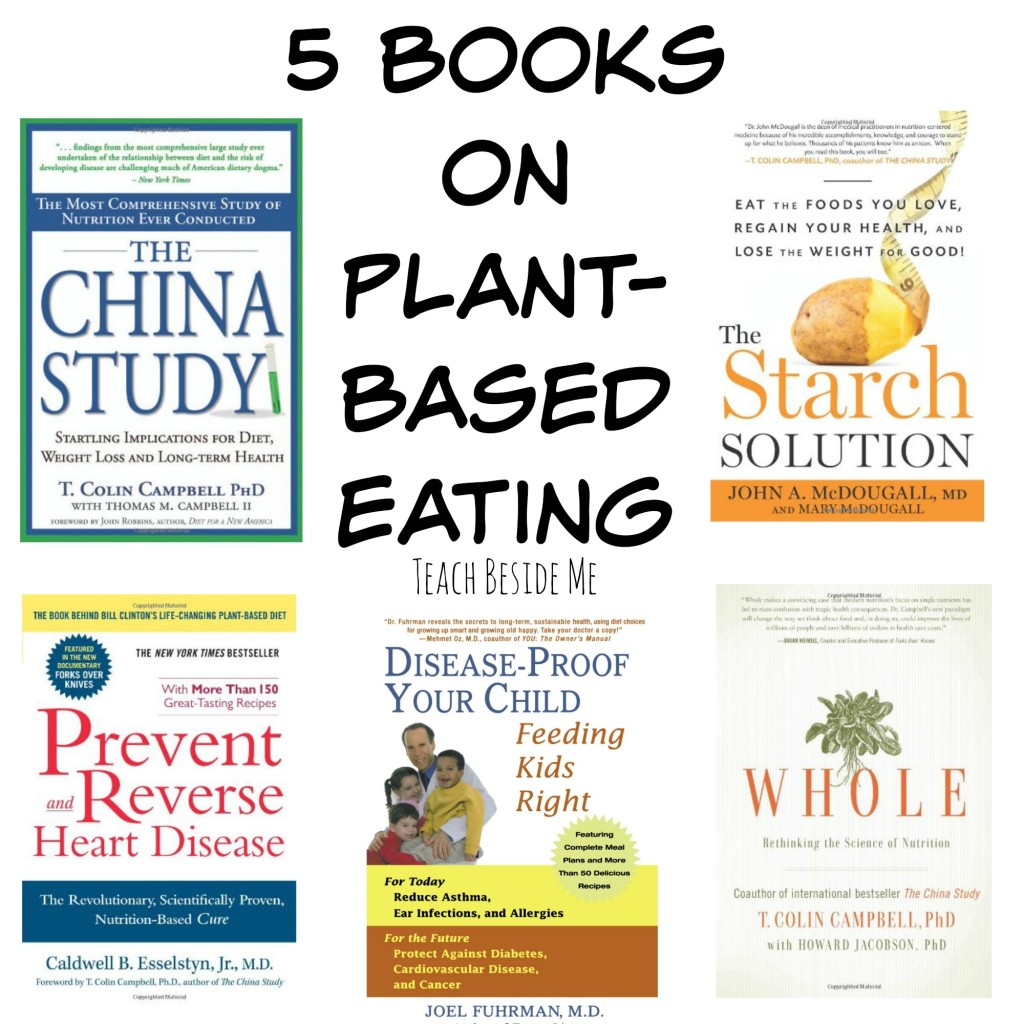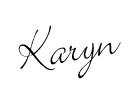I want to share something that I am VERY passionate about right now. I want to share with you my journey to Plant-based eating. You know when you make a life change that is so huge that it is about all you can think about? That is how I feel right now. I share this, not to try and convince anyone to change their ways, but to help people who are going through this change like I am. It has been a super fun transition for me, since I love experimenting with food!!

For about a year now I have been considering becoming vegetarian and even tried it for a week, but failed miserably. In the fall of 2014, I watched the Forks Over Knives Documentary on Netflix. This basically shifted my whole way of thinking. I have always been a healthy eater- according to my previous eating standards. I love fruits and veggies and was never shy about eating them. However, I also loved cheeses, yogurt, sweets, and chicken. I have also studied and taught nutrition in the past, so I know quite a lot about this subject. I guess what really opened my mind was how little I actually knew. Since watching Forks Over Knives, I have been reading and studying all that I can get my little hands on about plant-based eating. Once you gain knowledge on a subject, you can't really give it back. Since learning about the benefits of eating this way, I have not been able to get it out of my head. I have literally lost sleep over it! I needed to know if I could do it. So, I tried, a little at a time. I have a sister who has been a vegan for all of her adult life. I always thought is was strange, and never had a desire to follow in her footsteps. I guess all it took was some reading and research in the right places to understand where she was coming from. Now, I am on the strange list, too!
What is Plant-Based Eating?
Let's start at the beginning. Plant-based eating is a diet that excludes all meat products and most oils. I know, it sounds crazy, radical, and impossible, right? It is actually pretty amazing, awesome, and invigorating. This way of eating excludes milk, meat, fish, eggs, and processed, refined foods. You can eat so many amazing things, still.. You can fill your plate with whole grains, vegetables, beans, nuts, and fruits. You do not have to just eat lettuce at every meal and you do not feel hungry all the time. In fact, I have been just as full and satisfied eating this way as I used to be. The goal is to focus on getting a variety of whole plant sources with each meal. I liked this image from Dr. Fuhrman (one of the books I reference later) showing what percentages of food you should be eating.
What are the Benefits of a Plant-Based Diet?
Plant-based diets are high in nutrients, vitamins, minerals, anti-oxidants and fiber and low in saturated fat. Eating a plant-based diet reduces your risk of heart disease, high blood pressure, high cholesterol, diabetes, and various types of cancer. It can ever reverse certain diseases. This diet is typically low is calories so you can eat more without gaining, will lose weight, or maintain a healthy weight. In the China Study, ( a 20-year nutrition study discussed in Forks Over Knives) they showed that those who eat less animal products have less disease. The United States has the highest rates of most of these diseases and is also the country that eats the most animal products. While I did not have any health problems going into it, I know that making this change will help prevent me from having any o these health issues in the future. I have noticed increased energy. I also have started running again and have had such an easy time getting back into it since eating this way. I have also been losing the last few pounds of my baby weight.Is Plant-Based the Same as Being Vegan?
Vegan is a pretty common term, and while for the most part these two types of diets are very similar, there are a few differences between vegan and plant-based. Vegan-ism is more often more about animal rights. They do not eat any animal products, but also do not wear leather or fur. There are a lot of foods that are vegan (like Oreos and french fries) that are not healthy. Eating plant-based is about health and whole foods. It is cutting out all processed garbage from your diet and eating only foods that are whole and natural. A vegan most often will also eat a plant-based diet, though! There are differing levels of vegetarianism and veganism. However, since most people only know the term vegan, that is what I often call myself.How Do You Get Protein in A Plant-Based Diet?

But what about protein? This is the first question always asked. It is the first question I wondered, too. When you think of protein, you always first think of meat or eggs. Did you know that there are large amounts of protein in vegetables, fruits and grains? A cup of soybeans has 29 g. of protein. That is almost the same as a serving of chicken. Most other beans have about 10 grams of protein for 1/2 cup. Nut are very high protein sources as well. Almonds, peanuts and cashews are all great sources. But we all pretty much know about beans and nuts. What about grains? Quinoa has 9 grams of protein in a serving, brown rice, whole wheat, barley, oats, bulgar and amaranth are all great protein sources. That isn't all, though! Broccoli, spinach, corn, potatoes, peas, cauliflower, artichokes, cantaloupe, oranges, bananas, watermelon and others all contain protein. But along with the protein they are full of vitamins and minerals that increase your health naturally. I always thought that I had to combine specific plant sources in one meal (like beans and rice) to get a complete protein. That is not the case. As long as you are eating a variety of foods, it all works out just fine. You don't have to do any special planning to make complete proteins.
How To Make the Transition to a Plant-Based Diet
My transition has been gradual, and I still slip up sometimes. I started in the fall, around Halloween time. I have been reducing my meat intake for quite some time now, so that was not the hardest part for me. The hardest part was dairy. I decided first to start with cutting out red meat and cheese (because that seemed to me to be the worst offender in the dairy department). So, I started slowly. I cut out a few foods at a time. After a few weeks of eating with less animal products and experimenting with new ways to make old favorites it got easier for me to cut out more. I now am eating entirely plant-based with very little sugars or oils. As for my family, they are not on the same page as me. I have been doing this alone, which can be a challenge. Luckily, my family is supportive of me. Dinnertime is the most challenging meal for me to figure out. What I have been doing, though is making meals that can easily be separated. For example, I make a stir fry with the vegetables in one pan and the meat in another. This way I am still pleasing my family while eating the way I want.Resources to Help you Eat a Plant-Based Diet
Like I mentioned, I have been reading like crazy. When I want to learn about a topic, there is really no stopping me! I have compiled a list of books & websites that have helped me along on this journey.5 Books on Plant-Based Eating:

- The China Study by T. Collin Campbell
- Whole: Rethinking the Science of Nutrition by T. Collin Campbell
- Disease Proof Your Children by Joel Fuhrman
- How to Prevent and Reverse Heart Disease by Caldwell Esselstyn
- The Starch Solution by John McDougall
My Favorite Websites for Plant-Based Recipes:
- Oh She Glows
- Minimalist Baker
- One Ingredient Chef
- Happy Herbivore
- No Meat Athlete
- Healthy. Happy. Life.
- My Whole Food Life
- This Rawsome Vegan Life
- Post Punk Kitchen
- FatFree Vegan Kitchen
- VegKitchen
(Originally posted at my Teach Beside Me site.)

Comments